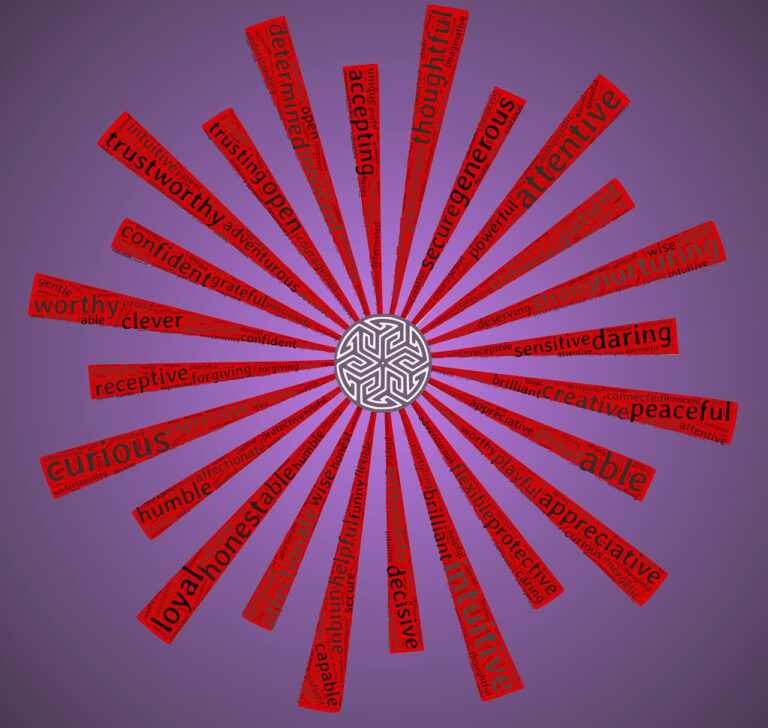Have you ever come across the word “novice” and wondered what it really means? Well, you’re in luck! In this article, we will explore the true meaning of the word and provide you with some enlightening examples in sentences. So, whether you’re a language enthusiast or simply curious about expanding your vocabulary, get ready to dive into the realm of novices and uncover their secrets.
Understanding the Meaning of Novice
Novice, a word often used to describe beginners or those who are inexperienced in a particular field, carries a meaning that goes beyond its surface definition. By exploring its etymology, synonyms, antonyms, and different contexts, we can better grasp the nuances and implications of this word.
Definition
At its core, novice refers to someone who is new to or lacks experience in a specific area. It is often used to describe someone who is just starting to learn or engage in a particular skill, activity, or profession. Whether used as a noun or an adjective, it highlights the idea of being a beginner.
Etymology of the Word
The word “novice” has its roots in the Latin word “novicius” which means “newly planted.” This etymology underscores the notion that someone who is new, inexperienced, or just beginning their journey in a specific field. Historically, the word has been associated with individuals who are entering religious orders, emphasizing their status as newcomers to the path of spiritual development.

Synonyms
There are several synonyms that can be used interchangeably with novice to convey a similar idea: beginner, neophyte, amateur, newcomer, and rookie. These words all capture the essence of someone who possesses little to no experience in a given discipline, highlighting their entry-level status.
Antonyms
While novice represents a lack of experience, it’s important to consider its antonyms to gain a complete understanding. It includes expert, veteran, and professional, which all describe individuals who have extensive knowledge, skill, and experience in a particular area. These antonyms serve as a useful contrast to further highlight the position as a beginner.

Different Contexts of Novice
It be used in various contexts, encompassing a wide range of fields and domains. Here are some examples of how the term it can be applied in different settings:
Sports
In the realm of sports, it refers to an individual who is just beginning their athletic journey or participating in a specific sport for the first time. For instance, a beginner swimmer may be someone who has recently taken up swimming but is still learning the techniques and building their stamina. Whether it’s gymnastics, basketball, or tennis, beginners in sports are those who are just starting their sporting endeavors.
Arts
Within the arts, it can be seen as someone who is exploring their creativity or embarking on a new artistic pursuit. For instance, a new painter may be an individual who has recently started experimenting with brushes and colors, learning the basics of composition and technique. It is in these initial stages that beginners in the arts find joy and excitement in discovering their creative potential.
Technology
In the realm of technology, beginners are individuals who are new to certain devices, software, or programming languages. They are eager to learn and navigate the intricacies of technology, slowly gaining experience and proficiency. Beginners in technology could be those who have just acquired their first smartphone or individuals delving into coding for the first time, building their skills step by step.
Cooking
Within the culinary world, a beginner chef is someone who is just beginning their journey in the kitchen, perhaps experimenting with basic recipes and cooking techniques. They are eager to learn new flavors, ingredients, and methods, gradually building their culinary expertise. Beginners in cooking find joy in the process of exploring flavors and discovering their own cooking style.
Learning
When it comes to language learning, a novice is an individual who is starting to study a new language. They may be learning vocabulary, practicing pronunciation, and developing an understanding of grammar. A novice language learner can be seen as someone who is venturing into the linguistic realm, finding excitement in discovering new words, phrases, and cultural insights.
Sports
Novices in sports can be found across a wide range of disciplines. From the beginner swimmer braving the water for the first time to the beginner skateboarder nervously attempting their first kickflip, there are countless examples of beginners in the sporting world. These individuals are often characterized by their enthusiasm, eagerness to learn, and willingness to put in the effort required to improve.
Sentences demonstrating the use of ‘novice’ in the sports context:
- “As a novice runner, you may want to start with a Couch to 5k program to gradually build your endurance.”
- “In her first season as a novice figure skater, Sarah impressed the judges with her grace and determination.”
- “The novice golfer struggled with their swing, but with regular practice and guidance, they improved their technique.”

Arts
The field of arts embraces beginners who are exploring their creative talents and developing their artistic skills. From aspiring painters picking up brushes for the first time to amateur musicians dabbling in composing their own melodies, beginners in arts have a passion for self-expression and a desire to grow in their chosen artistic domain.
Sentences demonstrating the use of ‘novice’ in the arts context:
- “The novice guitarist strummed their first chords, slowly discovering the joy of creating music.”
- “The novice photographer experimented with different angles and lighting techniques, capturing the essence of their subjects.”
- “As a novice writer, you may find it helpful to join a writing group to receive feedback and guidance from more experienced authors.”
Technology
With ever-advancing technology, beginners in the field are continuously emerging as they explore and adapt to new devices, software, and digital possibilities. From beginners learning the basics of coding to individuals navigating the intricate features of a smartphone, beginners in technology shine through their curiosity and determination to become more tech-savvy.
Sentences demonstrating the use of ‘novice’ in the technology context:
- “The novice programmer eagerly tackled their first coding challenge, excited to see their code come to life.”
- “As a novice user of the new software, you can take advantage of the built-in tutorials to help you get started.”
- “The novice graphic designer experimented with different tools and effects, gradually honing their skills in digital artistry.”
Learning
When embarking on a journey to learn a new language, individuals start as beginners, taking their first steps into an unfamiliar linguistic realm. These language learners embrace the challenge of mastering new vocabulary, practicing pronunciation, and building their understanding of grammar. Novice language learners are driven by their passion for communication and cultural exchange.
Sentences demonstrating the use of ‘novice’ in the language learning context:
- “As a novice Spanish speaker, you may find it helpful to start with simple phrases and gradually expand your vocabulary.”
- “The novice language learner stumbled over the pronunciation of unfamiliar words but persisted, eager to improve their fluency.”
- “As a novice in Mandarin Chinese, she sought out language exchange partners to practice speaking and enhance her language skills.”
In conclusion, understanding the meaning of novice goes beyond a simple definition. Through exploring its etymology, synonyms, antonyms, and diverse contexts of use, we gain a deeper appreciation for the significance of being a beginner. Whether in sports, arts, technology, cooking, or language learning, the journey of a beginner is one of discovery, growth, and the gradual development of expertise. So embrace your novice status, for it is the foundation upon which you will build your future accomplishments.



















